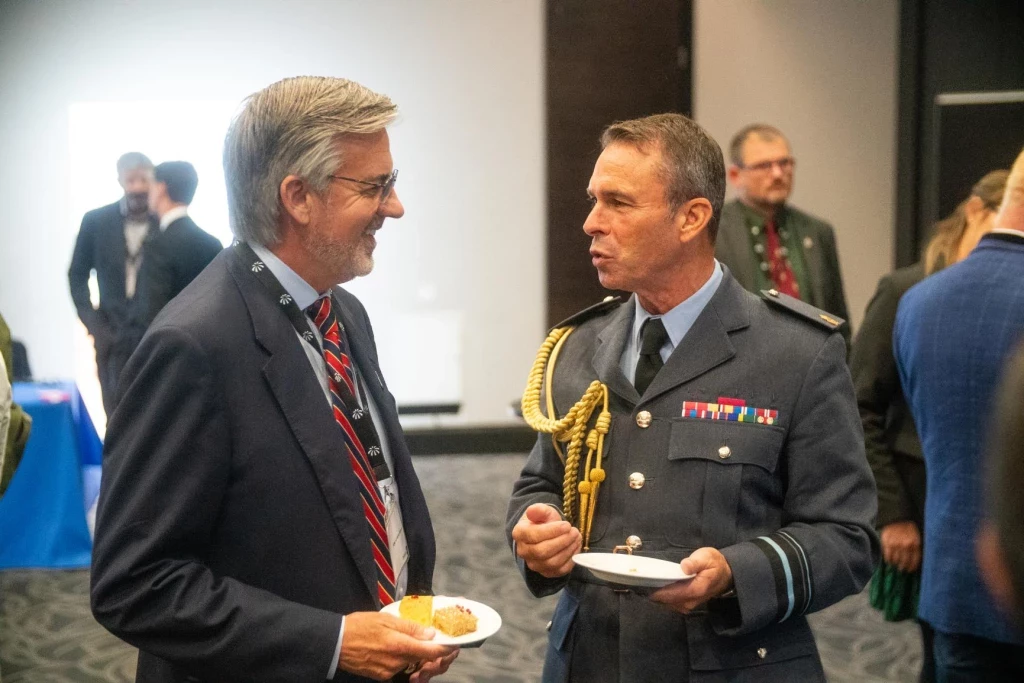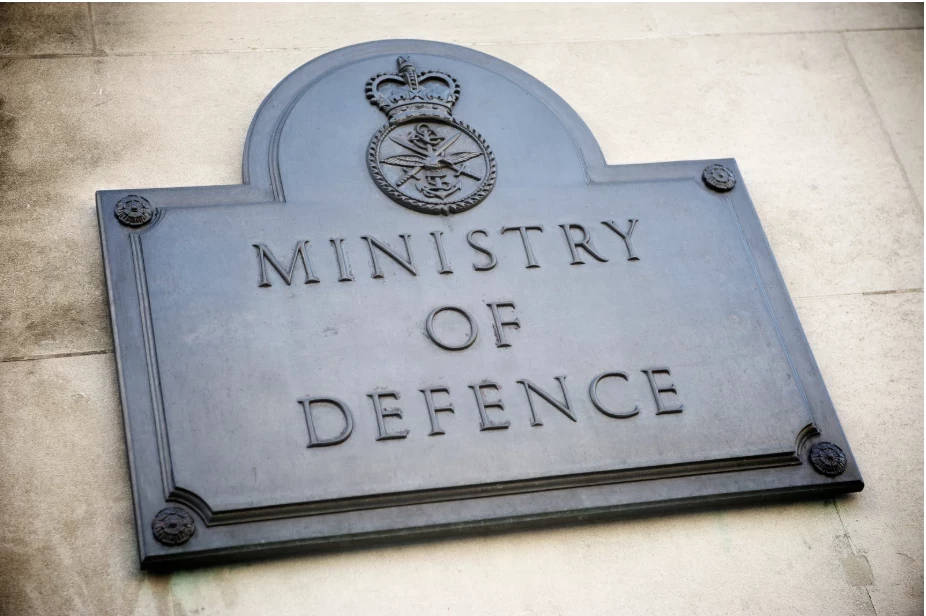How UK defence is moving to "full spectrum" communications
Add bookmarkThe British military’s communications strategy is in the process of a shakeup. Where before there existed two ‘universes’ – that of IO and psyops, and that of public relations, media ops and marketing – the emerging tactic is now in bridging the gap to better coordinate a full spectrum approach to Ministry of Defence communications. Such a move should see benefits to all aspects of MOD functions, from recruitment to operations, but it carries the need for a complex adjustment and one that other nations may see as controversial.
The man spearheading this change is the relatively newly-appointed Director of Defence Communications (DDC) – itself something of a pioneer role formulated for this very push to cohesion. Stephen Jolly, as a two-star appointee, oversees the programme for the Ministry, the three Armed Forces and their operations, the UK Defence Agencies and Joint Organisations, and reports jointly to the Permanent Under-Secretary for Defence and the Chief of Defence Staff. Ahead of a keynote presentation on the renewed ambitions of his office at Information Operations Global 2014 (London, June 17-19), he spoke with Defence IQ to outline the reasons behind, what he styles, a ‘change in philosophy’.
‘When I came into the role, I took the view that we needed to significantly transform the way we communicate.’ Jolly explained. ‘I looked at the situation objectively and it was obvious to me from very early on that the two branches of Defence communications could be far better coordinated. Having had both experience in communications and in psyops, as well as an academic background, I was very aware that the similarities were greater than the differences in terms of the techniques employed, the skills needed, and the objectives we were all trying to achieve.’
Download the full article below to carry on reading.






















